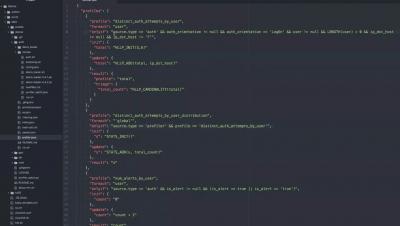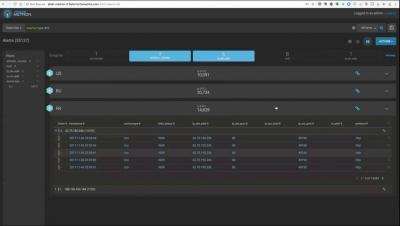The Need for a Frictionless Enterprise in a Digital-Native World
The word “frictionless” has emerged as a term used to describe when an action is achieved with or involving little difficulty; it is about effortlessness. This term is most commonly associated with customer experience and payments.







